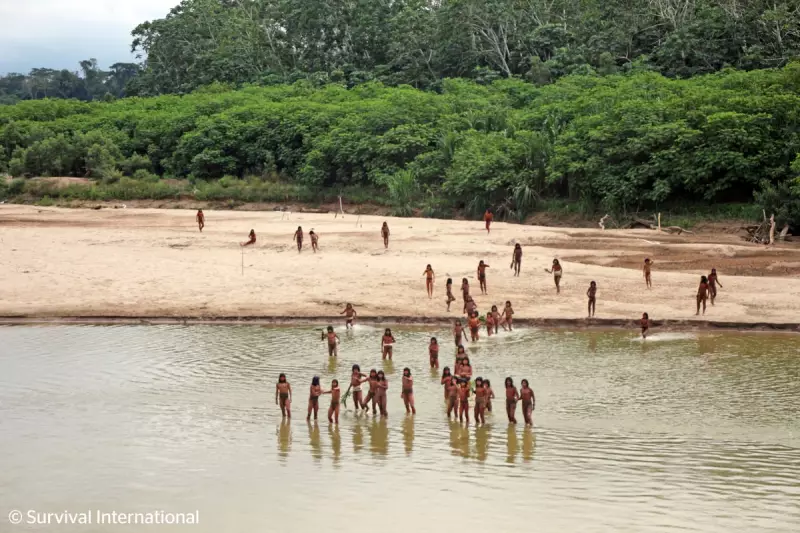
In a devastating blow to global climate efforts, Brazil has maintained its position as the world's primary driver of tropical deforestation, with newly released data exposing the continued destruction of vital rainforest ecosystems.
The Global Deforestation Crisis
According to comprehensive analysis from the World Resources Institute, tropical regions lost approximately 3.7 million hectares of primary forest in the past year alone. This staggering loss represents a critical threat to biodiversity and climate stability worldwide.
Brazil's Troubling Leadership
The Amazon rainforest, often described as the planet's lungs, continues to face unprecedented pressure. Despite international commitments and conservation pledges, Brazil accounted for a shocking 43% of all tropical primary forest loss globally.
Key factors driving this destruction include:
- Expanding agricultural frontiers for cattle ranching
- Illegal logging operations penetrating deeper into protected areas
- Weak enforcement of environmental regulations
- Growing international demand for Brazilian commodities
Other Nations Following Dangerous Patterns
While Brazil dominates the deforestation landscape, other tropical nations are contributing significantly to the crisis. Indonesia continues to struggle with palm oil expansion, while Colombia faces challenges from cattle ranching and illegal mining operations that are decimating precious ecosystems.
The Climate Change Connection
The destruction of these vital carbon sinks has profound implications for global warming. Tropical forests play an indispensable role in absorbing carbon dioxide from the atmosphere, and their loss accelerates climate change while threatening millions of species with extinction.
Conservation Efforts Falling Short
Environmental organisations and climate scientists express deep concern that current conservation strategies are inadequate to address the scale of the problem. While some nations have made progress in reducing deforestation rates, the overall picture remains bleak.
The continued loss of these irreplaceable ecosystems represents not just an environmental crisis, but a fundamental threat to global climate stability and biodiversity that sustains life on Earth.





